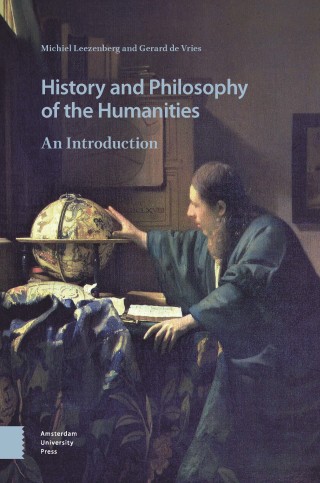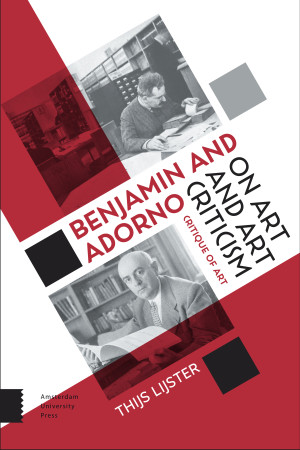"This much-needed book goes beyond the now familiar discussions of Benjamin and Adorno's personal relationship and the "dispute" over Benjamin's artwork essay to examine the complex interweaving of the two men's ideas and texts throughout the whole of each man's oeuvre. Lijster situates his examination within the pressing contemporary issue of the value of art, arguing that art functions as social critique and that art criticism is a necessary fulfillment of art's critical role."
- Shierry Weber Nicholsen, author of Exact Imagination, Late Work: On Adorno's Aesthetics
"Thijs Lijster has written the most thorough and synoptic comparison of the aesthetic theories of Adorno and Benjamin to date. He has the capacity to take even the most complex materials, and render their essentials in limpid and penetrating prose -- which for writing on these authors is a rare talent. Lijster has the further skill of being a first rate art critic; with the consequence that he has the capacity to test the abstract claims of aesthetic theories against the recalcitrant realities of artistic materials. The result is a penetrating work of aesthetic theory and criticism."
-- J.M. Bernstein, New School for Social Research
"In this vitally important and timely study, Thijs Lijster argues that the writings of Walter Benjamin and Theodor W. Adorno comprise a "Critical Model" in which can be found ideas that have fallen out of fashion in contemporary art theory and criticism. Such perspectives emphasize the utopian, emancipatory and critical potential of the artwork, which is to say, its power to break the spell of capital. As such art is to be viewed as the bearer of truth-content retrieved by a form of criticism that 'completes' the work itself."
- Samir Gandesha

